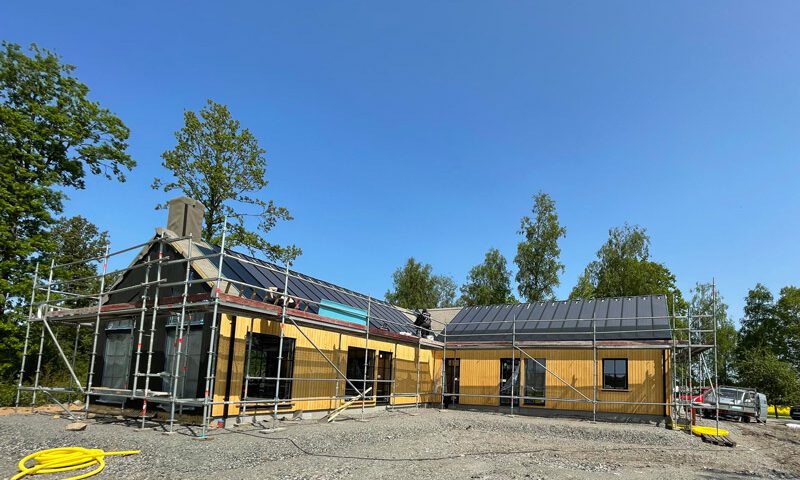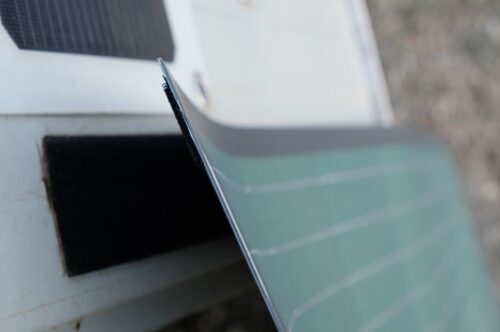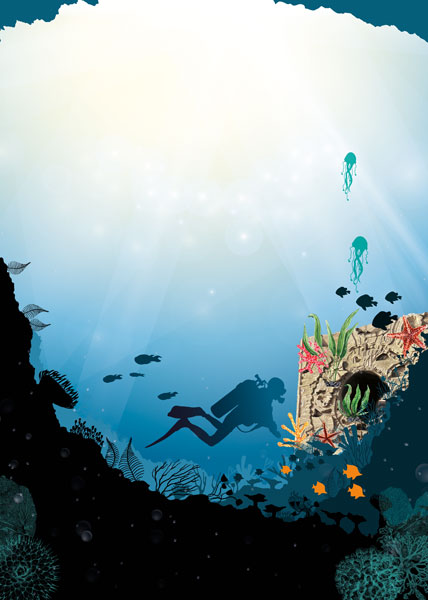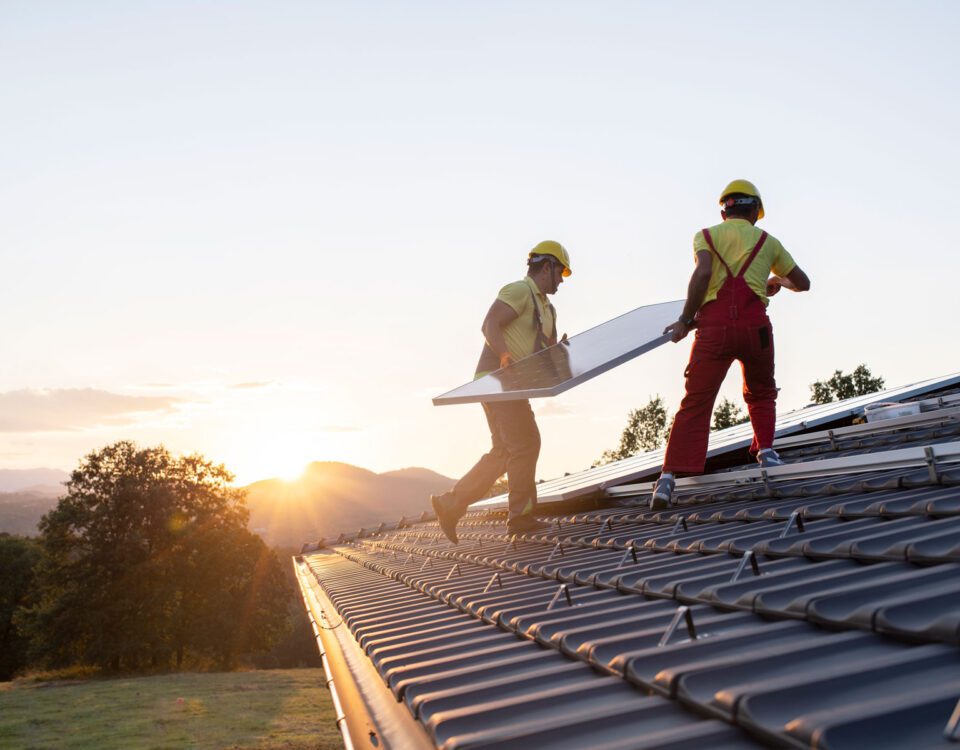Why an EPD was crucial for Verditek

Emiliano Leghissa from flexible solar panel manufacturer Verditek reveals why he asked Blue Marble to help the company put together an EPD
Collaborating with clients to come up with cutting-edge solar solutions that meet specific requirements is a key part of Verditek’s business. As manufacturers of clean technology, it’s vital that this innovative company – which creates lightweight, flexible panels for surfaces previously unsuitable for solar power – could evidence that their business was as sustainable as possible.
‘Increasingly, clients were asking us about the environmental performance and the impact of our products over their life cycle, so we asked Blue Marble to help us put together an environmental product declaration (EPD) – a certification now required in some European markets,’ said technical project manager Emiliano Leghissa.
The EPD standard in manufacturing and construction
EPDs are becoming standard in product manufacture and construction. They provide data on a product’s environmental impact, such as resource consumption, energy use, waste generation and emissions to air, water and soil.
This information can be used by companies as part of a life cycle analysis (LCA) verification process to compare the environmental performance of different products and services. This helps procurement professionals select products with low environmental impact.
The first stage of the verification process involved Emiliano gathering information on the processes used to produce the solar panels, including everything from the construction of the panels to packaging, transportation and installation.
He also took into account the waste generated during their production and at the end of their life cycle. This information was passed to the Blue Marble team to calculate the product’s overall carbon footprint and to condense the findings into an Environmental Product Declaration.
‘It was interesting to see how many materials are used in the product life cycle – and not necessarily just by us,’ said Emiliano. ‘The certification is invaluable as it shows our clients and their customers that we take our environmental impact seriously and are committed to sustainability in everything we do.’
Pioneering solar panels
Solar panels have been used for decades to convert energy from the sun into electrical or thermal energy, but there have been limits to where they can be installed due to their weight, assembly and rigid structure. However, lighter, more flexible solar panels that can withstand the world’s increasingly unpredictable weather are now a reality.
Verditek’s pioneering panels, which are made in Italy, are less than 3mm thick, can bend by up to 35% and can be installed on almost any surface.
‘Traditional solar panels have a glass front sheet, which can make them heavy to transport and difficult to install,’ explains Emiliano. ‘So we integrated high-efficiency monocrystalline solar cells into a lightweight polymer laminate panel. They’re ten times lighter than conventional solar panels but harvest the same amount of power.’
Verditek’s solar panels are so light they can be installed on almost any type of structure, including motorhomes, caravans and tents. They’re attached to surfaces using glue, clamps or Velcro, so no bulky or heavy frames are required. Despite their lightweight structure, they can also withstand heavy wind, rain and storms.

‘A substantial amount of research and development has gone into making our panels as robust and efficient as possible while also being unobtrusive. We recently partnered with the Scandinavian company Lindab, for example, to help them create a sheet metal roof equipped with our discreet solar panels which are available with either a matt or gloss finish. They look good and are resistant to cold Scandinavian temperatures.’
Emiliano Leghissa, Verditek.
An EPD for solar panels
Putting together an EPD for the solar panels with Blue Marble meant the company could be confident about the environmental performance of their products, meeting international standards and the impact over their life cycle. The certification is a physical proof of commitment at every level to sustainability.
There’s a long way to go on our shared journey to net zero, but the strategy is taking effect and every business is now involved.
If you’d like our help with your business’ journey, get in touch here.

Head of Advisory
Sam joined Blue Marble in January 2022 and heads up Blue Marble’s Advisory division, conducting Life Cycle Assessments (LCA) and producing Environmental Product Declarations (EPD) on a range of commercial products. He has experience of conducting LCA in fashion, FMCG, construction, electronics and sustainability sectors.



